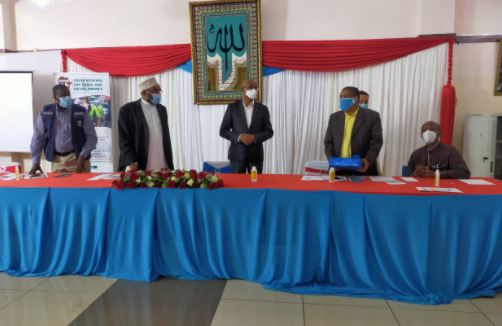×
The Standard e-Paper
Home To Bold Columnists

The National Muslim Covid-19 response committee (pictured) has cited denial and stigma as one of the key problems affecting the response to the Covid-19 pandemic in the country.